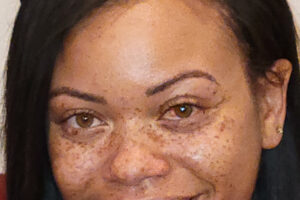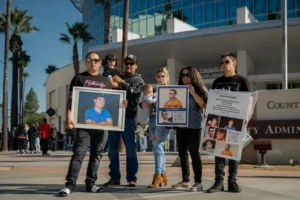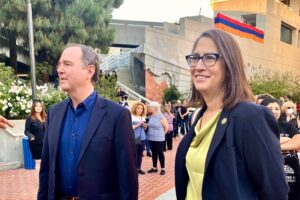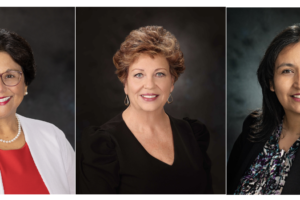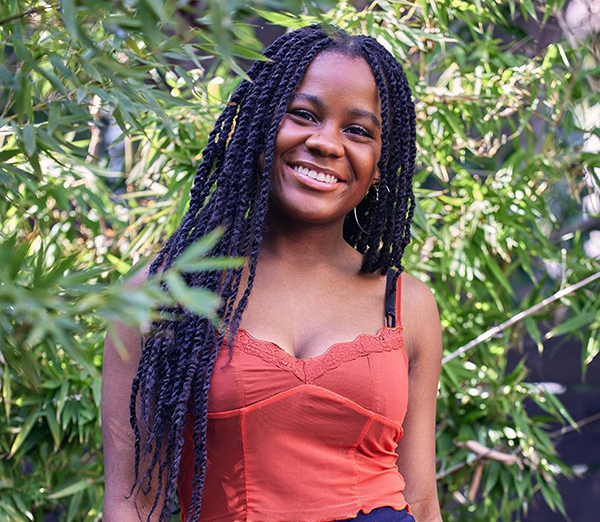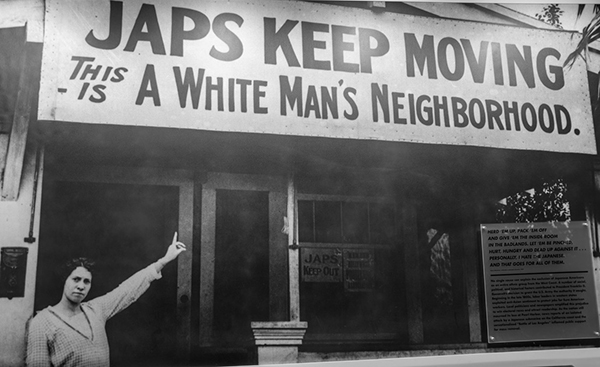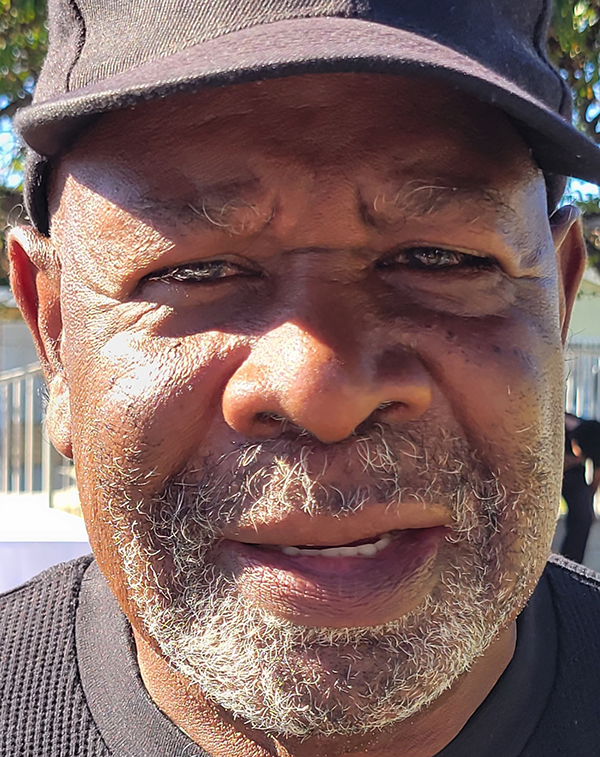By Starlett Quarles
Contributing Columnist
Early in my professional career, I was a preschool teacher at a very affluent independent school in Los Angeles. Being an L.A. native and a child of the 1970s, I am a proud product of our public school system as a graduate of the Los Angeles Unified School District and UCLA.
So you can just imagine the culture shock I experienced when I started teaching at a school that provided the absolute best in everything for its preschoolers to sixth graders, from the Apple computers in my classroom of 3 year olds, to the school’s unwavering focus on diversity, provision of academic resources, and mandatory parental involvement — whether or not you were an A-List celebrity or high net worth individual or family member.
This school’s culture was to not only put their student’s learning experience first, but to also hold their parents accountable to their child’s academic success by demanding their attendance at parent-teacher meetings, involvement in school activities, and of course, their financial support.
While I was impressed with this school’s mission and plethora of educational resources for students and teachers, I was somewhat disheartened that there were very few Black students or parents who could actually afford to send their children there.
To be honest, I could probably count them on my hands, with the majority of them being children of Black celebrities. However, there were some Black students whose parents were on financial aid, or working professionals from Baldwin Hills, Ladera Heights and View Park.
I only taught at the school for a few years before leaving for graduate school. But I often wondered how some of those students from our South Los Angeles communities fared throughout their academic careers as they continued to attend predominantly white institutions.
I recently interviewed my goddaughter, Alexis Armstead, on her experience attending affluent, independent schools her entire life. An Inglewood native, Alexis recently graduated from the Vistamar School and will be attending Howard University in the fall.
And although she has been able to maintain a 4.0 grade point average throughout her time in predominantly white institutions, as a young, Black girl, she will be the first to tell you that she has suffered — emotionally, socially and culturally.
Here is part one of our interview.
SQ: First of all, what do you want Black parents specifically to know about putting their kids in predominantly white institutions?
AA: Be really mindful of both the cultural and social aspect [not just] the education and opportunities. I feel like a lot of the times, because we, you know, finally have access to these kinds of schools, we overlook the social aspect and your child’s mental health that you may potentially be putting in jeopardy, over an education, over resources and over an opportunity.
SQ: Talk more about the mental health aspect of being an African American in these majority white spaces.
AA: I mean, in elementary, middle school, high school, and you know, adolescence in general, you’re always going to compare yourself to one another, and just go through “normal growing up kind of things.” But there’s an added pressure when you’re going to a predominantly white institutions as a Black person, because you feel as if you’re representing the whole race.
And you’re faced all the time with microaggressions and wondering if whether or not someone said something to you, or didn’t say something to you, or acted a certain way towards you because you’re Black. And it’s almost always never overt nowadays so that makes it so much harder.
But, you know, I grew up in that system for the past 16 years. So, experiencing that every single day kind of nips away at your self-esteem and that can, in turn, really affect your mental health. Because if your mental health is not there then that can start to affect your physical health. I can say that firsthand.
SQ: You mention having issues with colorism and not feeling supported by the administration. Please elaborate.
AA: You know after COVID, like the rest of the world, a lot of my mental health issues, the pre-existing ones, came to light. And it was really hard to deal with, especially when trying to get good grades and do college applications and such.
And as I mentioned before, my mental health started to take a toll on my physical health. I lost like 30 pounds [and] developed an eating disorder, all while trying to go through the 11th and 12th grades, which are arguably two of the most important grades in high school.
And without the necessary support from my school’s administration, that already tough struggle and journey [was] exponentially harder, like way harder. You feel that your needs in that area aren’t [being] listened to, or prioritized over everyone else’s, which added the pressure of, “Is it because I’m Black?”
And that can be a lot to cope with as you’re growing up and trying to deal with so many things at the same time. And for me, I felt like I wasn’t believed when I reached [out for] help or guidance. I felt like I was given the bare minimum.
SQ: Was this in relation to the colorism issue or just in general, with any personal issue?
AA: I just felt like it was all so intersected. And that especially came to light when in my psychology class, the whole class was talking about our experiences [during COVID] and such and coming back [to school.]
And when we were talking about our experiences with mental health, a non-Black student had mentioned that the school had offered her a medical leave — after she had explained a story very similar to mine — [one] she had gone through during 11th and 12th grade while we were in virtual school.
And I was disappointed and felt kind of betrayed by the system. Because, you know, my teachers used to ask me like, “What’s wrong?” Because I looked very skinny and they said my face looked different. And I had opened up to a few of my teachers and told them exactly what was going on.
But even then, no one had offered me any type of alternative plan like that. And it was only towards the end, when we were scrambling [for help], that they were kind of like, “OK.” And finally wanted to talk to my psychiatrist and my therapist. But it all just seemed very ingenuine.
SQ: So, how did you identify as being Black in these institutions? What was your sense of self throughout your academic evolution?
AA: As exceptional. Whenever I saw, “blackness” in these institutions, or just blackness in general, I always saw specks of excellence and just greatness. I knew that being in that opportunity was maybe something I had to do so that others later on don’t have to go through [my] experience.
[Or] so that I could talk to you about it and [bring] more awareness that independent private schools, if not just [PWIs] in general, need to offer the same resources or more for Black students and students of color.
SQ: Or do you think that these schools should be more intentional in terms of their cultural sensitivity?
AA: Yeah, like my high school, I’ll say was better than most. I applied to like 14 [independent] high schools. And I think Vistamar was the best school in terms of, you know, diversity and really pushing for it, as well as their appreciation for Black culture specifically. And they do make some strides, but it’s not good enough.
It’s still like in the heart of the school, and the people who were there day to day. Those are the people who really made the most impact — [emotionally].
Stay tuned next month for part two of my interview with Alexis where we discuss the benefits of Black students attending independent schools, how she maintained her cultural balance and why she chose to attend Howard University.
Starlett Quarles is a Gen X Advocate, public speaker and host of the internet TV Talk Show, “The Dialogue with Starlett Quarles.” For more, please visit www.TheDialogueLA.com.


